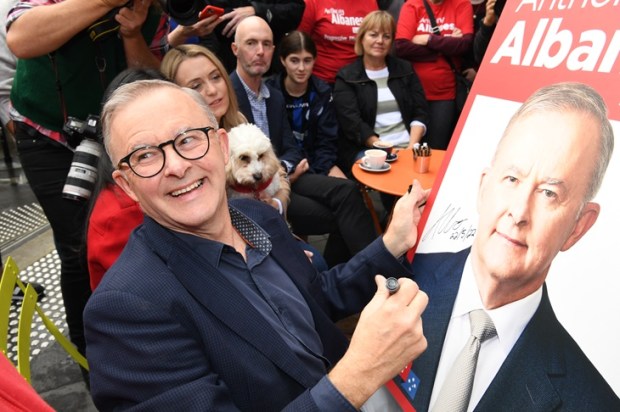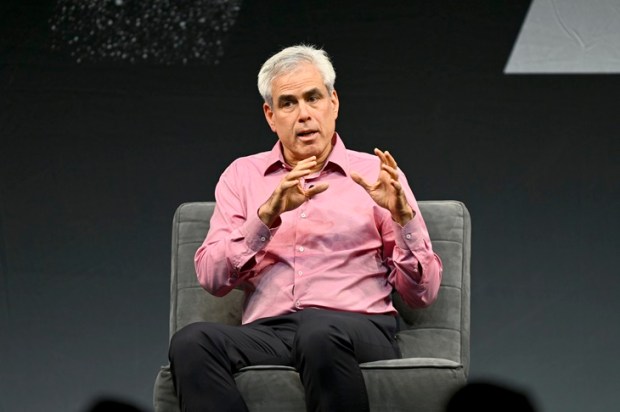Values and beliefs are not the same. People can support each other’s values while holding different beliefs. But if we do not accept that we might have different beliefs, then it can be very hard to find voluntary common ground with our values.
That is because our beliefs are what we put our faith in has human beings who seek meaning, truth, justice, forgiveness, and grace – although some belief systems are not very interested in the last two. It is our beliefs that enable us to think through which choice is more important compared to other available choices – that is, our beliefs give us some coherency with reference to what we value as we go about our daily lives.
In our multicultural and multi-faith society, we must intentionally work to compare our beliefs in order to find common ground on the important social values that enable civil cohesion. I learnt this working with (mostly ‘first wave’) feminist colleagues in psychology. Together we would champion the cause of doing more for women and children. They knew my beliefs were different, but they knew they could count on me supporting their values of doing more for the vulnerable of our world.
But this is a deep and troubling difficulty with our current federal government. They pretend to support values common to our national heritage, but distort them because of their unspoken beliefs – well, unspoken in terms of open debate. Their beliefs are ‘slightly spoken’ if one tries to piece together comments and statements they have made across their political career and looks at their behaviour as leaders.
Take the Treasurer for example (this being Budget week). He has clearly written that he aspires to introduce his socialistic capitalism economics for the good of the country in this energy, production, and wage-earning transition phase. He clearly values increased government involvement in each of these areas. The government should, according to his actions and words, be more involved in energy supply, more involved in critical infrastructure of essential goods and services (like electricity), and more involved in setting parameters for the workplace.
But what are his beliefs underpinning these values? If he is a socialist, what kind is he? Does he believe in Enlightenment rationality and the scientific method as the final arbiter of what is good and true? Or is he a hybrid of this and other things? What will drive him when his economic values create critical moments? I suggest that we do not know.
The Prime Minister is of similar ilk. I have heard him described as a Trotskyite. It would be good to hear it from him, if he is, because his espoused values seem to give very mixed messages. He committed to enacting ‘the Uluru Statement in full’, but he will not explain what that means now the first step was defeated. He says he values transparency but puts non-disclosure agreements on anyone giving him feedback on drafted legislation. He says he values the planet but refuses to outline the global implications of where and how he has our wind turbines and solar panels made. He says he values Australian-made, but increasingly hinders productivity. He says he understands (values) the pain of those doing it tough but proceeds with a litany of measures that keep prices go up and housing availability going down. He says he values respectful disagreement but did not move proactively to keep this in the Voice debate. He has done the same with the rising Antisemitism: he says he values respectful disagreement, but he does nothing to review the national inciting violence laws, which Chris Merritt has explained as ‘not fit for purpose’.
So, it would be good to know our leaders’ beliefs so that we understand what is ultimately driving them in what direction, socially and morally. Without such understanding, integrity is hard to evaluate. The criterion of keeping to promises becomes slippery without an external frame of reference, because our contemporary leaders can claim contingent circumstances to justify changing their actions. Indeed, they already have, and made a mockery of ‘my word is my bond’.
It is hard to resist believing that the core belief of our current federal leaders (and perhaps a good number of our state ones) is simply staying in power. But power is hedonistic – once one starts to take of it, it demands more. It is why absolute power devours its young but dies from insatiable hunger.
Chris Uhlmann summarised it well in the Weekend Australian: ‘At stake is whether the ascendant state morality will drive deeper into the ancient institutions of faith and force believers to submit to its temporal commandments… The arc of history has bent out of shape. Those who claim the heritage of reason have discounted the role of faith in their enlightenment. They discriminate and call it equality. They unreasonably seek to force the faithful to heel.’
What does such state morality look like? It looks like a Prime Minister who under the Constitution derives his authority based on Parliament being gathered under the Creator God, but who does not take his oath on the Bible, and who, in times of crisis, cannot say, ‘My thoughts and prayers are with you.’ He can only say, ‘My thoughts are with you.’ But what are they Mr Prime Minister, what are your deepest thoughts? Heaven only knows.

























